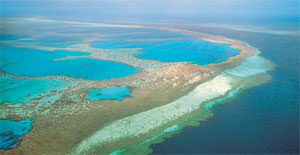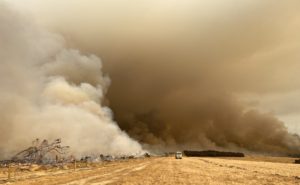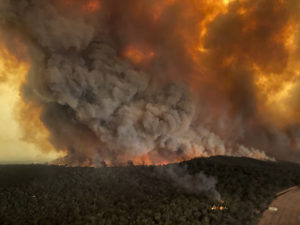Great Barrier’s Grief
Leave it to global warming to ruin both a day at the beach and an entire oceanic ecosystem. Researchers are blaming the environment's public enemy No. 1 as well as rising seawater acidity for what has been the slowest coral growth rate at the Great Barrier Reef in more than 400 years.
Leave it to global warming to ruin both a day at the beach and an entire oceanic ecosystem. Researchers are blaming the environment’s public enemy No. 1 as well as rising seawater acidity for what has been the slowest coral growth rate at the Great Barrier Reef in more than 400 years.
Your support matters…The BBC:
Coral growth in Australia’s Great Barrier Reef has slowed to its most sluggish rate in the past 400 years.
They studied massive porites corals, which are several hundred years old, and found that calcification has declined by 13.3% since 1990.
Global warming and the increasing acidity of seawater are to blame, they write in Science journal.
Coral reefs are central to the formation and function of ecosystems and food webs for tens of thousands of other marine organisms.
Independent journalism is under threat and overshadowed by heavily funded mainstream media.
You can help level the playing field. Become a member.
Your tax-deductible contribution keeps us digging beneath the headlines to give you thought-provoking, investigative reporting and analysis that unearths what's really happening- without compromise.
Give today to support our courageous, independent journalists.






You need to be a supporter to comment.
There are currently no responses to this article.
Be the first to respond.